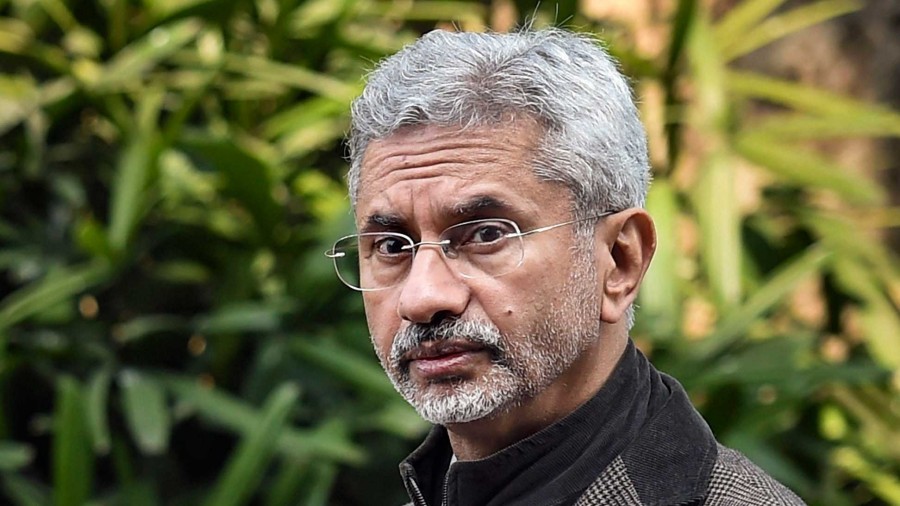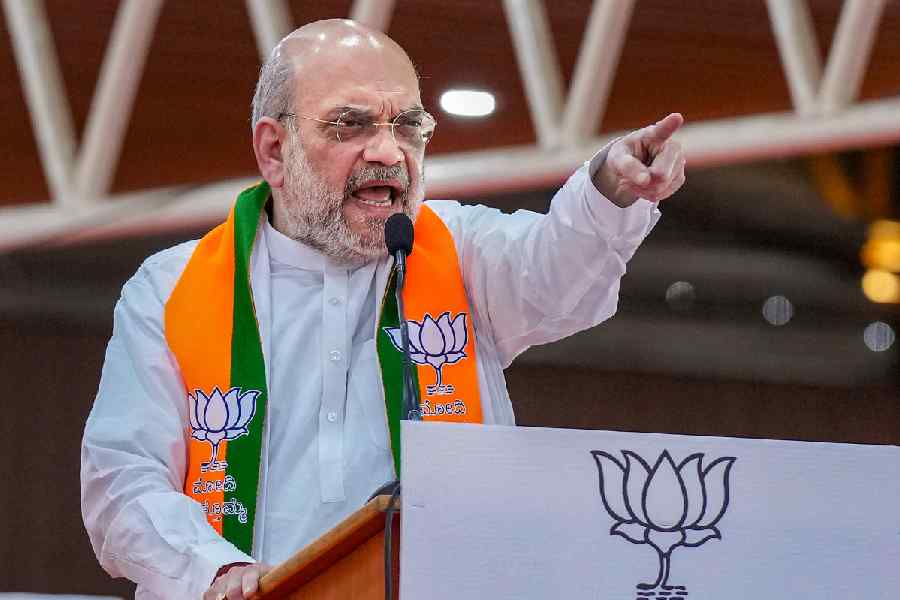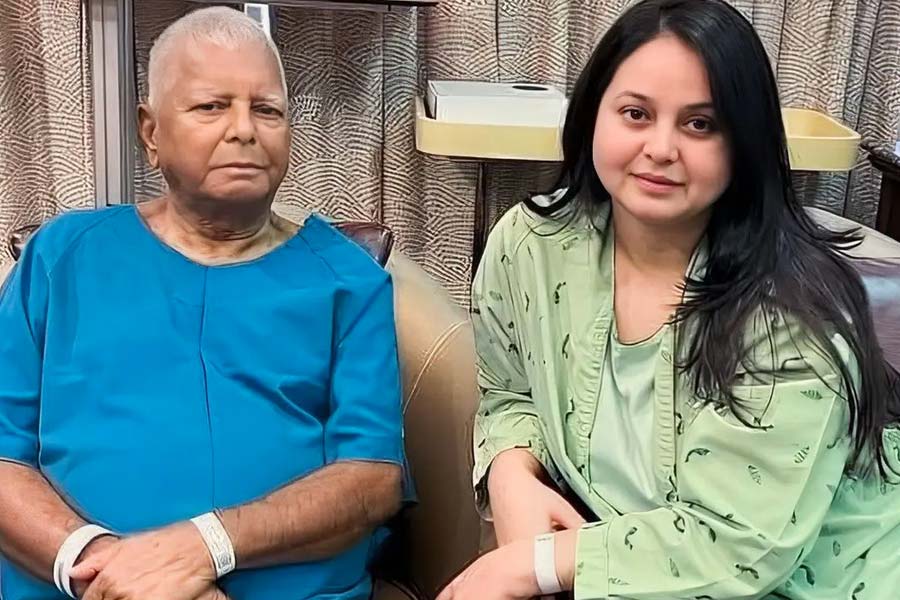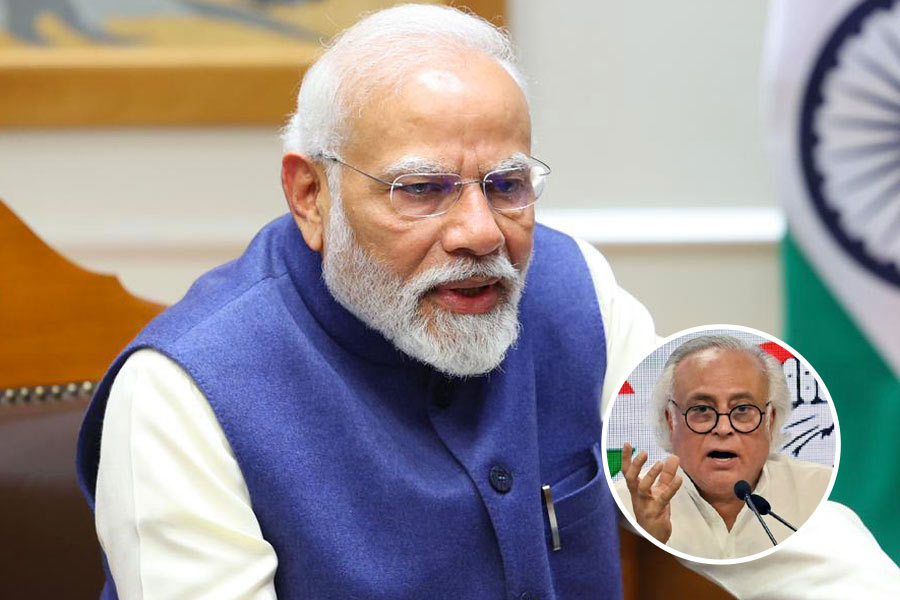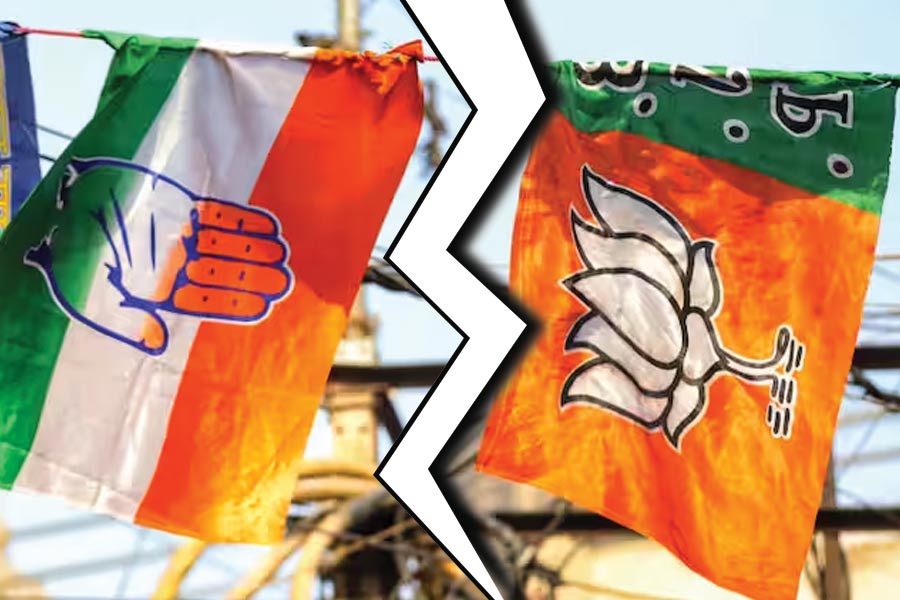The world’s biggest regional trading forum has just been created — and India is not a part of it. The 15 nations that signed up as members of the Regional Comprehensive Economic Partnership account for nearly 40 per cent of global commerce and 35 per cent of its gross domestic product. India chose to opt out of the trading forum last year since its concerns over the terms of market access were not adequately addressed. The Centre had badgered hard for a protected list of goods mainly to shield its domestic market. It harboured fears that India could be flooded with cheap Chinese agricultural and industrial products once it signed the deal.
The big sticking point was over inadequate safeguards to stop an industrial powerhouse like China from circumventing the Rules of Origin guidelines in the agreement. Companies use a multi-stage production process to manufacture goods through plants spread over several countries. This creates a situation where Chinese companies could set up final assembly plants in Vietnam and Thailand and push cheap products into India without identifying themselves as the real beneficiaries. India had also insisted on a tariff safeguard mechanism that would bump up duties automatically whenever there was an alarming surge in imports from one of the RCEP nations. The forum shot down the idea. India also baulked at the idea of providing most favoured nation status for investments to all RCEP members, including China.
Over the past two decades, nations have squabbled so much over tariffs, investment, market access and free movement of goods, services and people that the World Trade Organization has failed to deliver a fair, equitable rules-based system for global trade. That has led to a surge in regional trade agreements: from around 50 in 1990 to almost 300 today. There are many pundits who believe that India ought to have joined the RCEP simply because trade ought not to be seen through a narrow prism. They believe that a deep and wide regional trading forum like the RCEP provides negotiating heft to all its members on issues that go beyond markets and tariffs. In a rapidly evolving world — albeit one teetering on the brink of a deep recession because of the pandemic — such a forum provides the scope for discussion on multiple policy areas like competition policy, government procurement rules and intellectual property rights. When Atal Bihari Vajpayee articulated the Look East policy, he had signaled a major change in India’s outlook as he sought to build trade and cultural ties in the region in the hope that they would benefit collectively. The RCEP is keeping the door open for India. The success of this trading forum depends on China and India being part of it. Without either of the two regional giants, the gains from the arrangement will be extremely limited.

